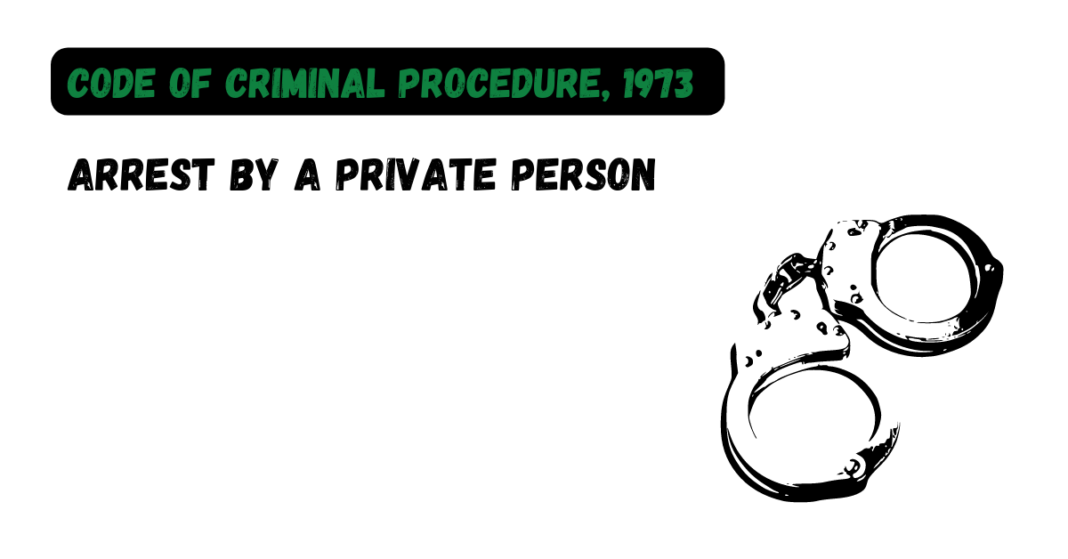Under the Code of Criminal Procedure (CrPC), private persons are allowed to make arrests under certain circumstances. However, the power to arrest by a private person is limited and must be exercised within the bounds of the law.
Circumstances where a Private Person may make an Arrest
- When the person is caught committing a non-bailable offence.
- When a proclamation has been made by a competent authority declaring the person as an offender.
- When the person is accused of committing an offence that has caused or is likely to cause injury to a person, property, or public safety.
- When the person is accused of committing an offence that is punishable with imprisonment for seven years or more.
Before making an Arrest, a Private Person must take the following Precautions
- They must have reasonable grounds to believe that the person to be arrested has committed an offence.
- They must inform the person being arrested of the grounds of the arrest.
- They must deliver the person to a police officer or a nearby police station as soon as possible.
- They must not use more force than is necessary to make the arrest.





